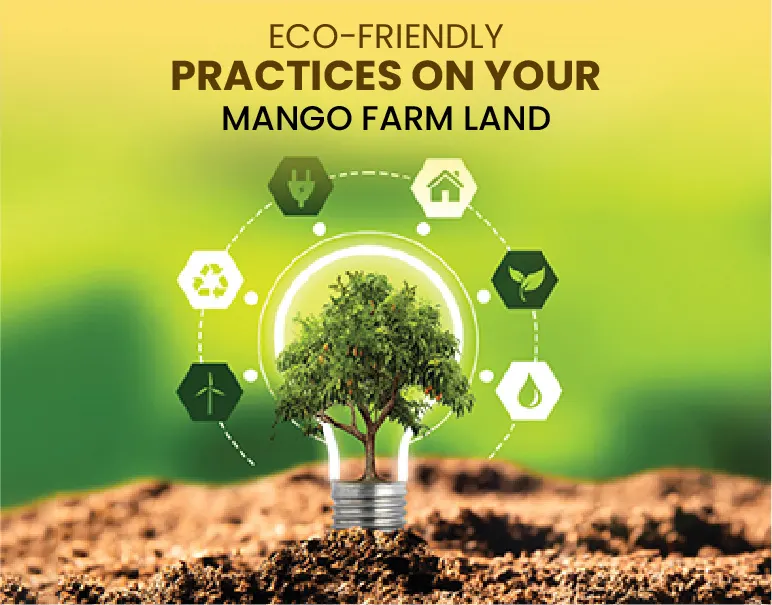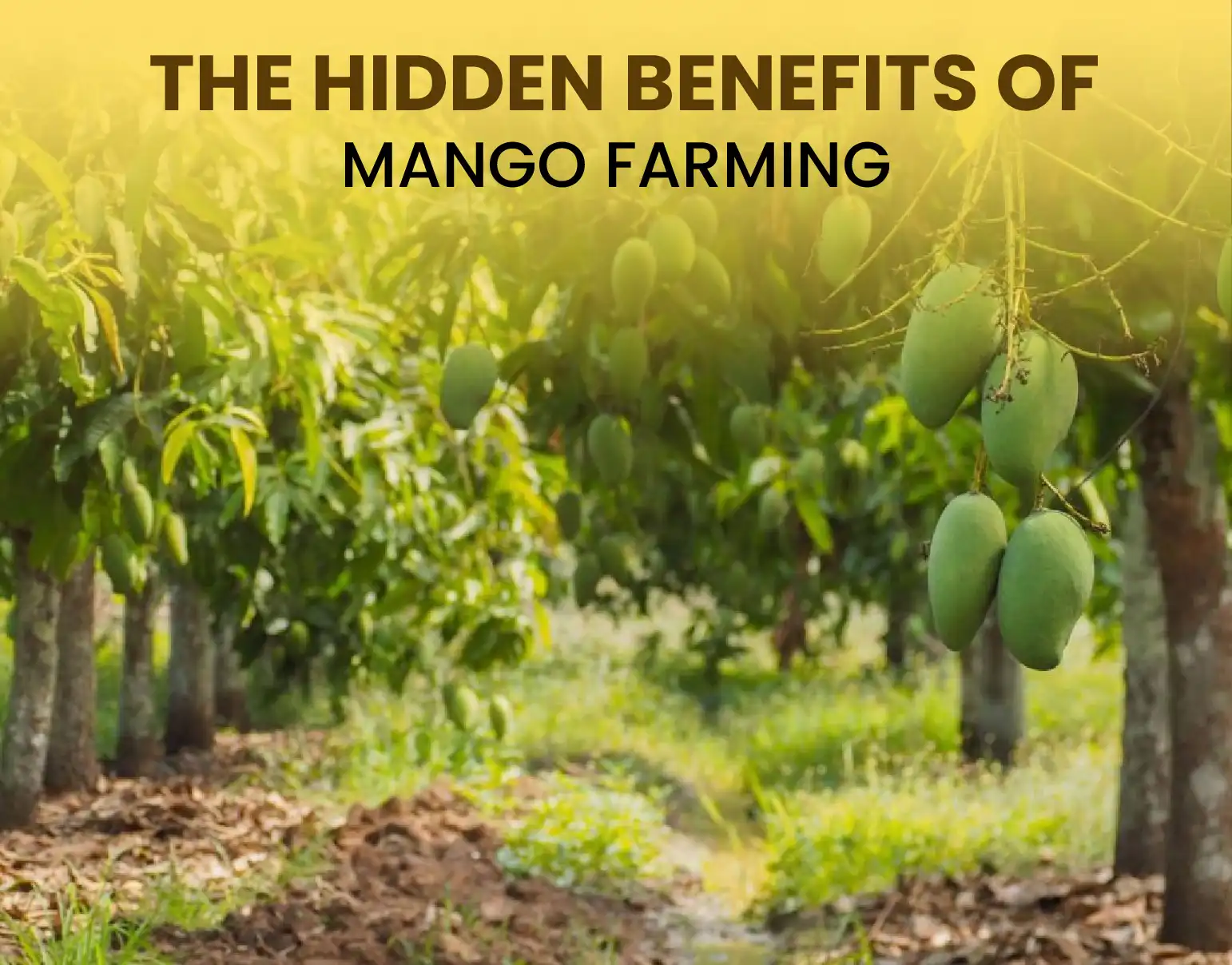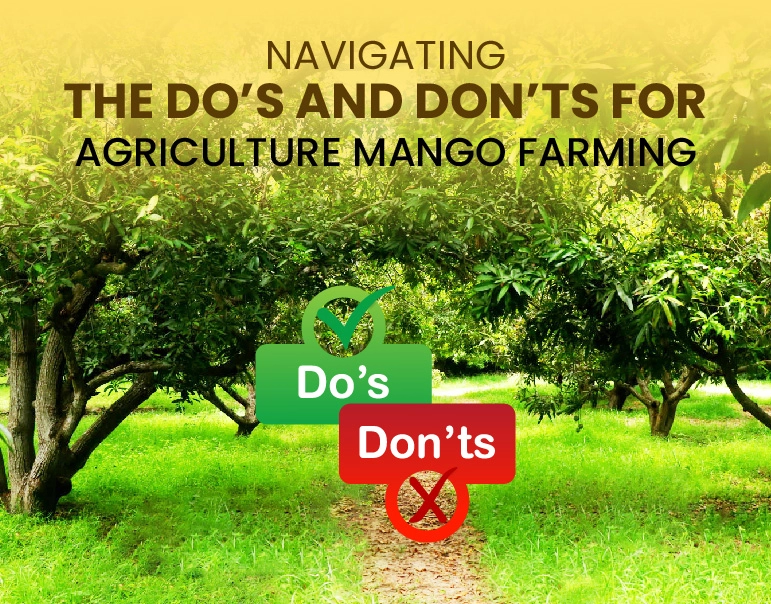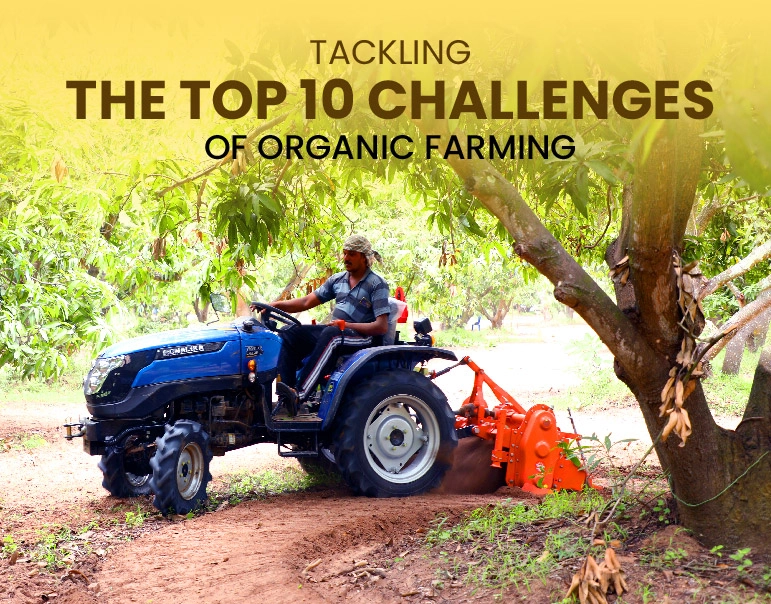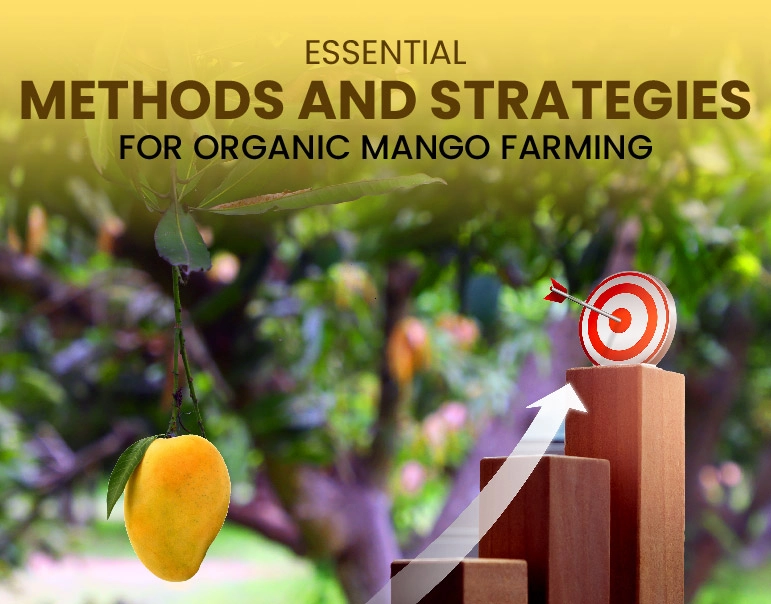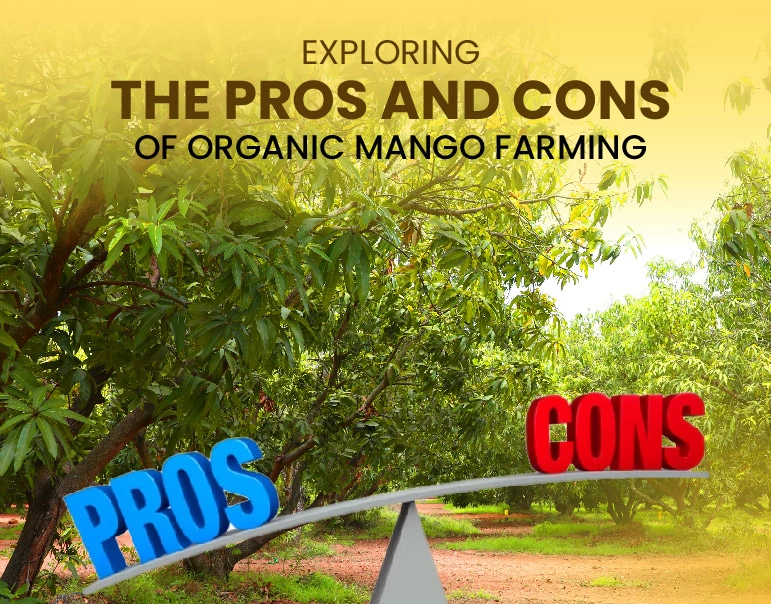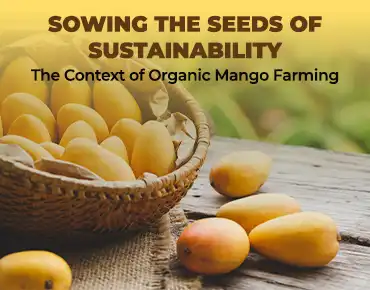Enhancing Mango Production: Innovations in Farming Technology
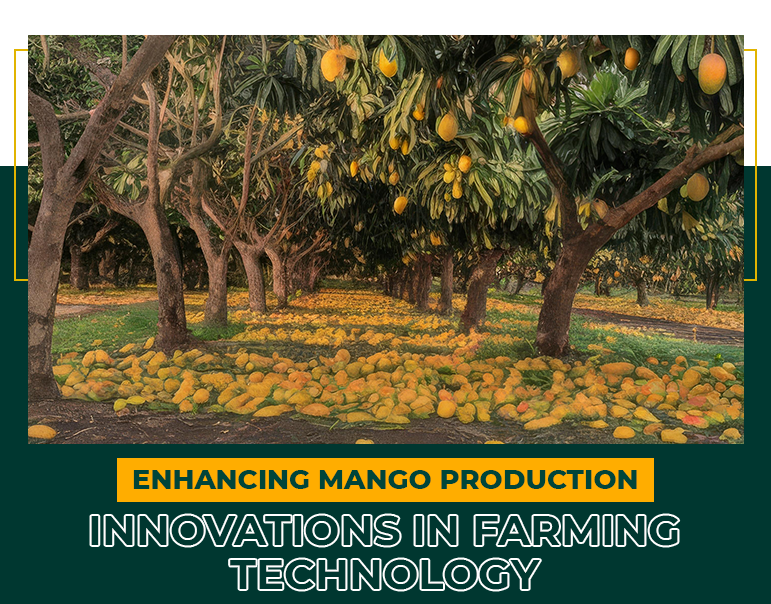

Mango farming is utilizing new technologies such as precision agriculture, AI, and smart irrigation to boost yields and enhance sustainability. From disease-resistant varieties to supply lines that use blockchain, these improvements solve important problems and make it possible to do things in a way that is both efficient and beneficial for the environment. Learn how new farming technology is revolutionizing mango cultivation worldwide by using the MFARMS Blog as a guide to better farming.
Mango farming is changing as a result of precision agriculture, which provides incredibly effective instruments for resource management. Farmers may monitor soil health and ensure ideal pH, moisture, and nutrient levels by using technologies like GPS mapping and soil sensors. Farmers can use these insights to customize irrigation and fertilization treatments for certain regions. Higher yields and healthier fruits are the results of this focused strategy, which also decreases resource waste and increases total mango tree output.
Another essential component of precision agriculture is drones, which provide an aerial perspective of mango orchards. Drones with multispectral cameras are able to identify early indicators of illnesses, pests, or water stress. This makes it possible to take prompt corrective action, avoiding extensive harm. Drones also help with fertilizer and pesticide application, which improves accuracy and saves labor. Together, these developments increase mango yields while promoting environmentally responsible and sustainable farming methods.
Mango cultivation is undergoing a transformation because of smart irrigation solutions that guarantee effective water management. For example, drip irrigation reduces evaporation and runoff by delivering water straight to the mango plants' root zone. IoT-enabled sprinklers add a layer of intelligence by enabling farmers to automate watering schedules and remotely check soil moisture levels. In addition to saving water, these systems encourage steady development, which improves fruit quality and boosts output.
A key component of sustainable mango farming is the use of intelligent irrigation systems. These devices help protect valuable water resources in drought-prone areas by improving water usage. Additionally, less water waste results in lower operating expenses, which makes mango farming more cost-effective. Smart irrigation solutions enable farmers to adjust to the major challenges posed by climate change, guaranteeing the sustainability and resilience of mango production over the long run.
Mango farming is undergoing a revolution thanks to artificial intelligence, which makes it possible to make better decisions and optimize processes. AI-powered predictive analytics analyzes soil data, weather patterns, and past trends to identify the best times for planting and harvesting. Accurate projections from yield forecasting systems assist farmers in making labor, storage, and logistical plans. Mango farming is now more sustainable and profitable thanks to these insights, which also lower the chances of crop failures and guarantee better resource allocation.
With automated sorting and grading systems, AI also improves post-harvest procedures. These devices ensure consistency in quality by evaluating mangoes according to size, color, and maturity using sophisticated algorithms. In addition to saving time, this satisfies the high requirements of both home and foreign markets. AI-driven solutions increase market readiness, lower post-harvest losses, and increase profitability for mango producers by increasing efficiency and preserving quality.
Biotechnology, which provides remedies for common problems like powdery mildew and anthracnose, is making disease-resistant mango types possible. Scientists are creating mango trees with increased resilience to various diseases through genetic engineering. These developments encourage environmentally sustainable farming by protecting the crops and lowering reliance on chemical pesticides. Farmers may lower production costs and produce healthier yields by incorporating biotechnology, which will strengthen the mango industry's resilience.
Another amazing biotechnology method that helps mango growing is tissue culture. By producing disease-free and genetically homogeneous seedlings in large quantities, this technique guarantees uniform quality throughout orchards. Tissue-cultured plants accelerate the cultivation process because they develop more quickly and are more tolerant of a variety of temperatures. Furthermore, these seedlings are more likely to survive, providing growers with a solid base for long-term mango cultivation. The combination of tissue culture and genetic engineering is revolutionizing mango farming with long-term benefits.
Mango farming is changing as a result of mechanization, which makes labor-intensive processes like planting, pruning, and harvesting easier. Sophisticated gear guarantees precise planting patterns and consistent spacing, supporting the establishment of healthy trees. Pruning machines enable effective canopy management by enhancing ventilation and sunlight penetration, two essential factors for optimal fruit development. On the other hand, automated harvesters guarantee quicker and more reliable harvesting throughout big orchards by lowering labor expenses and fruit loss.
Mechanization is also very beneficial for post-harvest tasks. Mango washing, sorting, and packaging machines increase productivity while preserving quality. Automated systems can handle high produce volumes, satisfying the needs of both domestic and international markets. Mechanization increases profitability and lowers operating costs by minimizing the need for manual labor. These developments enable farmers to confidently compete in international markets by increasing the scalability and sustainability of mango growing.
Blockchain technology is revolutionizing the supply of mangoes by ensuring their authenticity and transparency. A decentralized log records each step of the product's journey from cultivation to sale. This lets people find out where their mangoes came from and make sure they are real and of excellent quality. For farms, blockchain builds trust by keeping track of fair trade practices. In this manner, farmers can ensure their goods remain free from abuse or misrepresentation in the market.
The integration of blockchain also has big benefits for price and logistics. Package tracking in real-time ensures timely delivery, thereby reducing waste and spoilage. Blockchain makes transactions clear, which lets farmers arrange fair prices based on correct market data. This technology streamlines the supply chain by getting rid of middlemen and making it easier to track goods. This is beneficial for both farmers and customers. Blockchain makes sure that the fruit trade is quick, trustworthy, and fair.
Renewable energy sources are setting the standard for sustainability in contemporary mango growing. Irrigation pumps that run on solar power are revolutionizing water management by providing an affordable substitute for diesel pumps. These systems significantly reduce energy expenses while providing a steady supply of water. Mangoes can also be kept at ideal temperatures by farmers using solar-powered cold storage facilities, which lowers post-harvest losses and guarantees a higher-quality supply for markets.
Adoption of renewable energy also reduces mango farming's carbon impact, bringing methods into line with international environmental standards. Farm operations are incorporating wind and biomass energy sources to power processing facilities and equipment. These environmentally friendly substitutes lessen reliance on non-renewable resources while simultaneously promoting climate resilience. Mango producers can attain sustainable growth by adopting renewable energy and striking a balance between environmental responsibility and financial prosperity.
New farming tools are revolutionizing the cultivation of mangoes, addressing issues such as resource scarcity, pest infestations, and labor shortages. These new technologies, such as blockchain, AI, and precision agriculture, are making it possible for the mango farming business to be more profitable and last longer. As the world's demand for mangoes rises, farmers who use these new tools will have a better chance of doing well in a market that is already very competitive. If we combine old information with new technologies, mango farming has a brighter future than ever.
